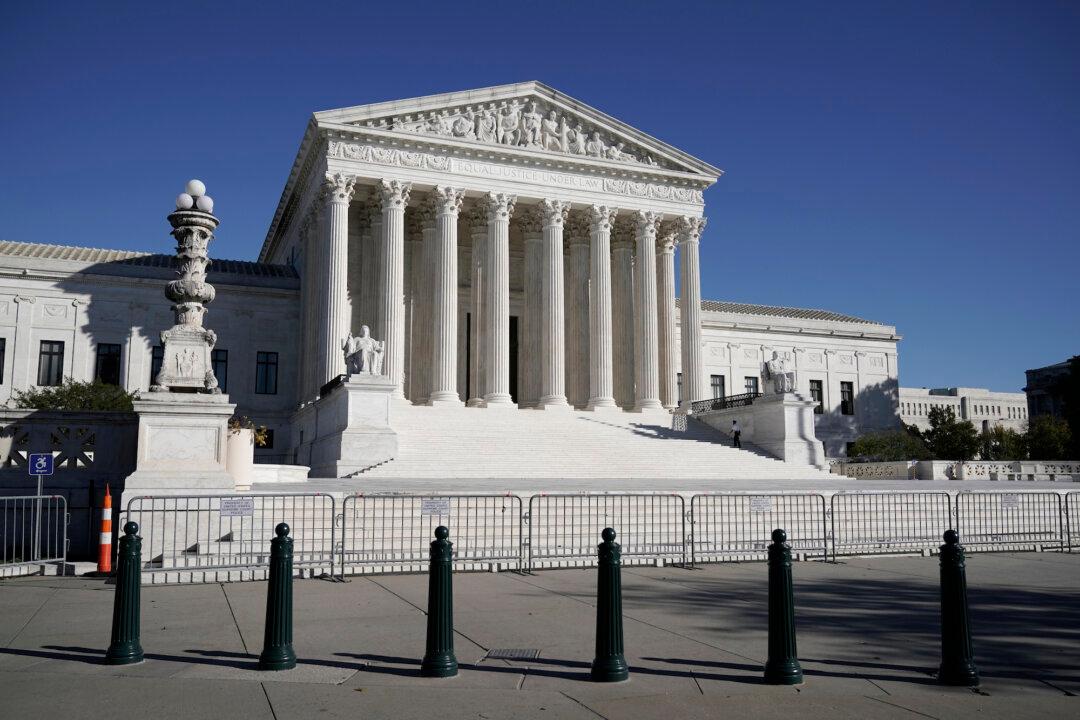Arkansas Attorney General Leslie Rutledge asked the Supreme Court to review a decision by the 8th Circuit Court of Appeals that struck down a state law blocking abortionists from terminating a pregnancy solely because the unborn child has Down syndrome.
Rutledge, a Republican, is challenging the appeals court’s finding that the U.S. Constitution guarantees a right to selectively abort unborn children with Down syndrome.





